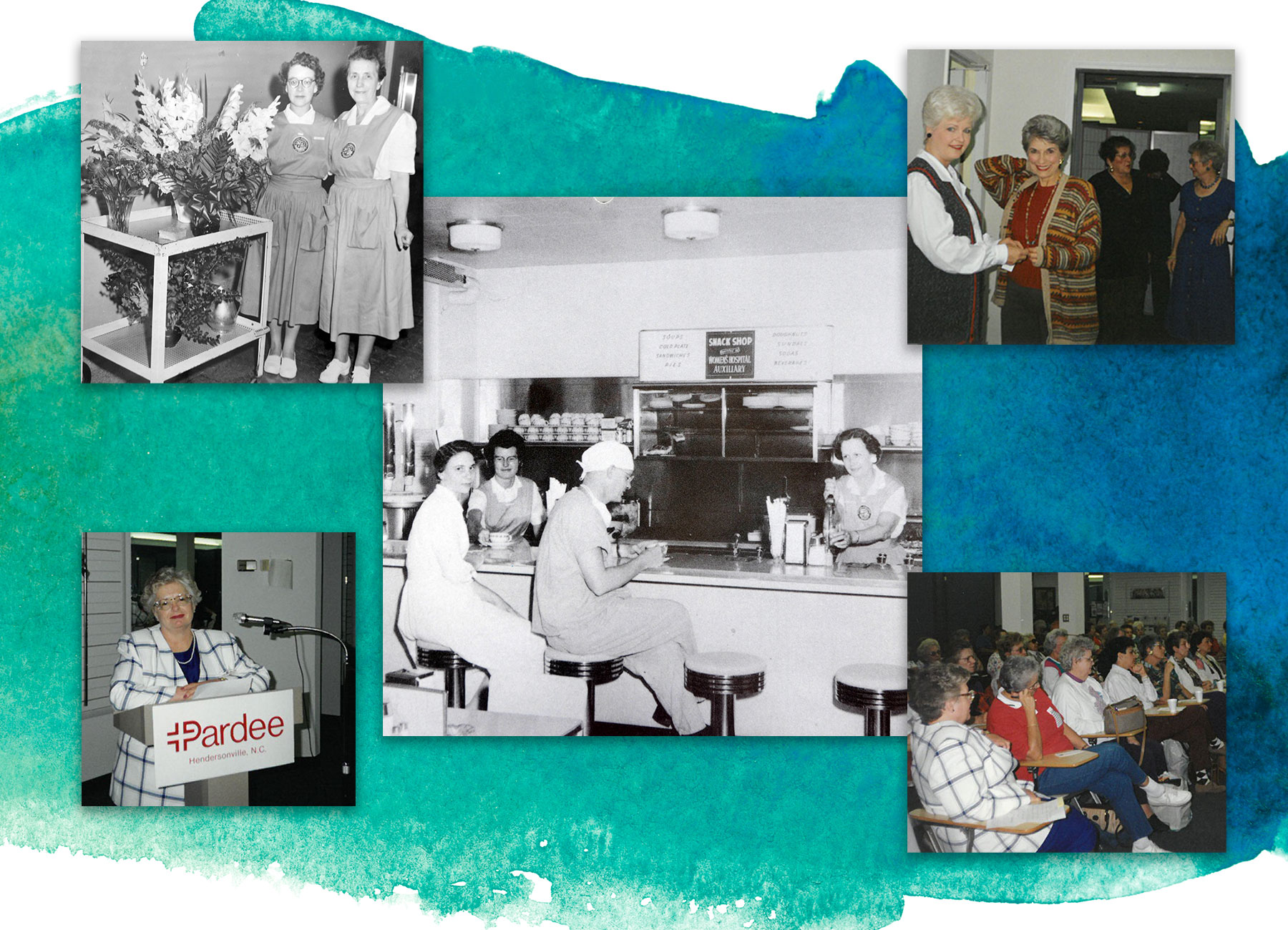There is a misconception that if a person is diagnosed with Alzheimer’s disease, nothing can be done. While there is no cure, there are medications that can slow the progression of the disease. In addition, making certain lifestyle changes and managing other health conditions can improve the quality of life for people with Alzheimer’s disease and their families.
Medications for Alzheimer’s disease
There are two types of medicines that slow the progression of Alzheimer’s disease (AD) and improve quality of life. However, they do not stop the progression of the disease and are not a cure.
The first is a group of medicines that increase the amount of acetylcholine (ACH) in the brain. This is a neurotransmitter that allows nerves to communicate with each other. ACH levels decline in people with Alzheimer’s disease, so increasing the amount of ACH has been found to be helpful.
The second type of medication is memantine (Namenda). This medication works on an NMDA receptor to help stabilize the nerves in the memory circuits, allowing them to work more efficiently.
I usually explain it to my patients this way: If your memory is like a two-way highway with information coming in and information going out, then ACH is like the truck carrying the information and the nerves themselves are like the infrastructure. Thus, the medicines that increase ACH help with the transportation of the information and Namenda stabilizes the infrastructure.
Lifestyle changes for Alzheimer’s disease
Certain lifestyle changes can improve the quality of life for people with Alzheimer’s and their care partners.
Watch alcohol and medication intake. People with AD should reduce alcohol consumption and talk to their doctor about eliminating medications that can impair memory. If they take medication for other conditions (such as high blood pressure), a care partner should ensure they are taking them appropriately.
Use a calendar. I encourage my patients and their families to use a calendar that contains a daily, weekly and monthly schedule. Following a routine is important and having a clear schedule helps. It creates a reference for the person with AD to see what is going on and can help them maintain some independence.
Have a conversation about care. I recommend that the person with AD and their family discuss their long-term care plan (getting in-home help, going to a nursing home, etc.) soon after the diagnosis.
Make legal and financial arrangements. Making legal and financial plans (wills, power of attorney, etc.) should be done as soon as possible to minimize conflicts in the future and help the family focus on providing the best possible care.
Stay mentally engaged. Reading and puzzles are helpful. Even watching television can be helpful, but I encourage the family to use TV as a means of having a discussion later (what was the show about, what did you think about this character, etc.). Socializing is also a good way to stay mentally engaged.
Exercise. Exercise has been shown to increase cognition. Just walking for 20 to 30 minutes four days a week is beneficial.
Managing related medical issues
One of the biggest issues that may be overlooked in people with Alzheimer’s disease is depression. Depression may be a contributing factor to memory loss or a consequence of memory loss. Either way, it needs to be addressed as it will continue to impair function and memory.
Also, a person with Alzheimer’s disease may not be able to identify or verbalize that they are not feeling well. Quite often, a sudden change in behavior or alertness may be due to an underlying infection or a change in blood sugar. It is important for the family to be aware of this and have the patient evaluated if there is a sudden change in behavior.
Safety measures for Alzheimer’s patients
It is important to keep Alzheimer’s patients safe in their homes and out in the community.
Prevent falls. If possible, arrange the home so the person with AD doesn’t have to use the stairs. Remove rugs that may slip and clear walkways of any objects that may cause tripping. A physical therapist can assess the safety of a home and provide recommendations.
Discuss driving. Alzheimer’s disease can impair a person’s driving ability. Talk to your doctor about arranging a driving assessment.
Consider a wearable device. There are devices that can be worn to track a person’s whereabouts or allow for a call for help if there is a problem. Your doctor can make recommendations for appropriate devices.
Secure the home. Changing door locks to deadbolts with keys may be useful in preventing the family member with AD from wandering at night. Keep the key handy for emergencies. For safety reasons, this method should only be used if someone else is in the house. Alarms on the doors can alert care partners if the person with AD tries to leave the house.
Tips for Alzheimer’s disease care partners
Being a supportive care partner includes caring for the person with Alzheimer’s and creating a safe environment as outlined above. Here are some ways care partners can best support their loved ones and their own health.
Practice patience. Choosing your battles is important. It is not necessary to constantly tell your loved one what they are doing wrong. Try to maintain a calm voice, even if you are worried or upset.
Allow for independence. Let your family member do those things she is able to do, such as dress or bathe herself.
Take time for self-care. Many times, care partners focus solely on their loved ones and stop addressing their own needs. It is imperative that a care partner have breaks to mentally recharge, exercise, run errands and relax.
The future of Alzheimer’s disease treatment
There is aggressive research being conducted now to help diagnose the disease early and better understand the pathology. This can allow for improved treatments and medications that may stop disease progression even before symptoms appear. We are not there yet, but I believe in the next 10 to 20 years, the way we diagnose and treat AD will change significantly.
Early detection is crucial for improving the quality of life for people with Alzheimer’s disease and their families. If you suspect you or a loved one has memory loss, talk with your primary care doctor, who may refer you to a specialist. To find a doctor near you, visit pardeehospital.org.





